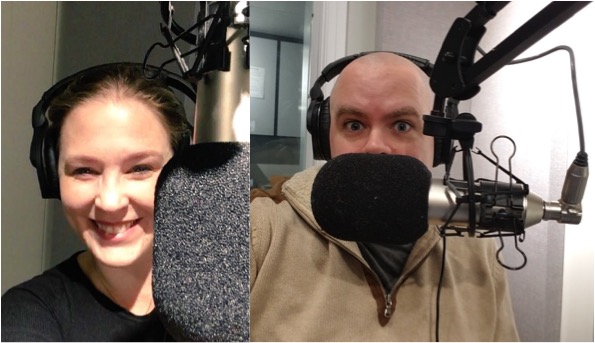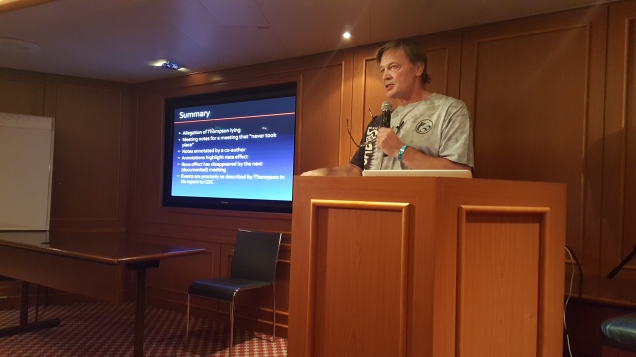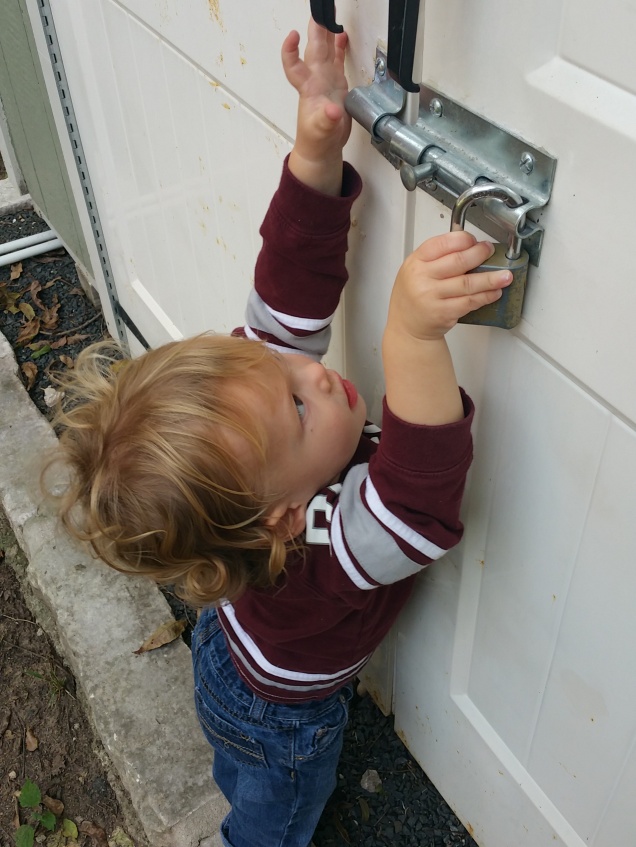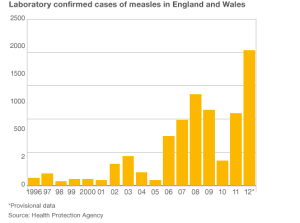Colin and I were just interviewed on BBC Radio 4 for a commemoration of sorts. It’s been 20 years since Andrew Wakefield published his infamous paper, “Ileal-lymphoid-nodular hyperplasia, non-specific colitis, and pervasive developmental disorder in children” alleging an MMR vaccine/colitis/autism link. This paper was retracted after Brian Deer’s and the Lancet’s investigations revealed:
-severe undisclosed conflicts of interest,
-unethical treatment of the children in the study, and
-fraudulent manipulation of data in the study.
However, the damage was done. Vaccination rates dropped not only in the UK, but in the US and worldwide. Outbreaks of vaccine preventable diseases resulted. Although Wakefield denies any part of this, his role is undeniable…especially since his advocacy against vaccinations continues to this present day.
Yesterday BBC Radio 4 aired an hour long program that explored “the continuing legacy of the anti-vaccine movement on the anniversary of one of its most notorious episodes, and explore its impact on health, on research and on culture both at home and abroad.”
The indefatigable science journalist Adam Rutherford explored the history of Wakefield’s attempts to promote the link between vaccines and adverse health effects on the program, interspersing clips of Wakefield speaking in the media with interviews by journalist Brian Deer and public health officials. In the last third of the program, he interviewed both Colin and myself about the ongoing consequences of Wakefield’s advocacy here in the United States. We discussed how Wakefield has tapped into the world of conspiracy theories and a larger movement of distrust of expertise and institutions to promote his ideas (it didn’t make the final cut in the program, but as one example Colin wrote extensively about hearing Wakefield speak on the Conspira-Sea Cruise). We talked about communication with vaccine-hesitant parents and how empathy and good scientific information spread through networks of family, friends, and community leaders can overcome fearmongering. We discussed how being new parents affects our experiences as science communicators, particularly in the realm of vaccine issues. We also spoke about our experiences going to see Andrew Wakefield’s documentary Vaxxed, and how the movie (and the anti-vaccine movement in general) spreads false, damaging, and hurtful rhetoric about persons with autism. (To the ASAN members who were protesting at the movie, I hope you get a chance to listen to this! We talked about how shamefully you were treated in response to your excellent outreach efforts).
Many thanks to Adam and Graihagh Jackson for having us on. I think it’s a fitting commemoration of a shameful incident in the history of medicine, and I hope it helps at least a little bit to push back against the harmful and wrong ideas being spread by Wakefield.




